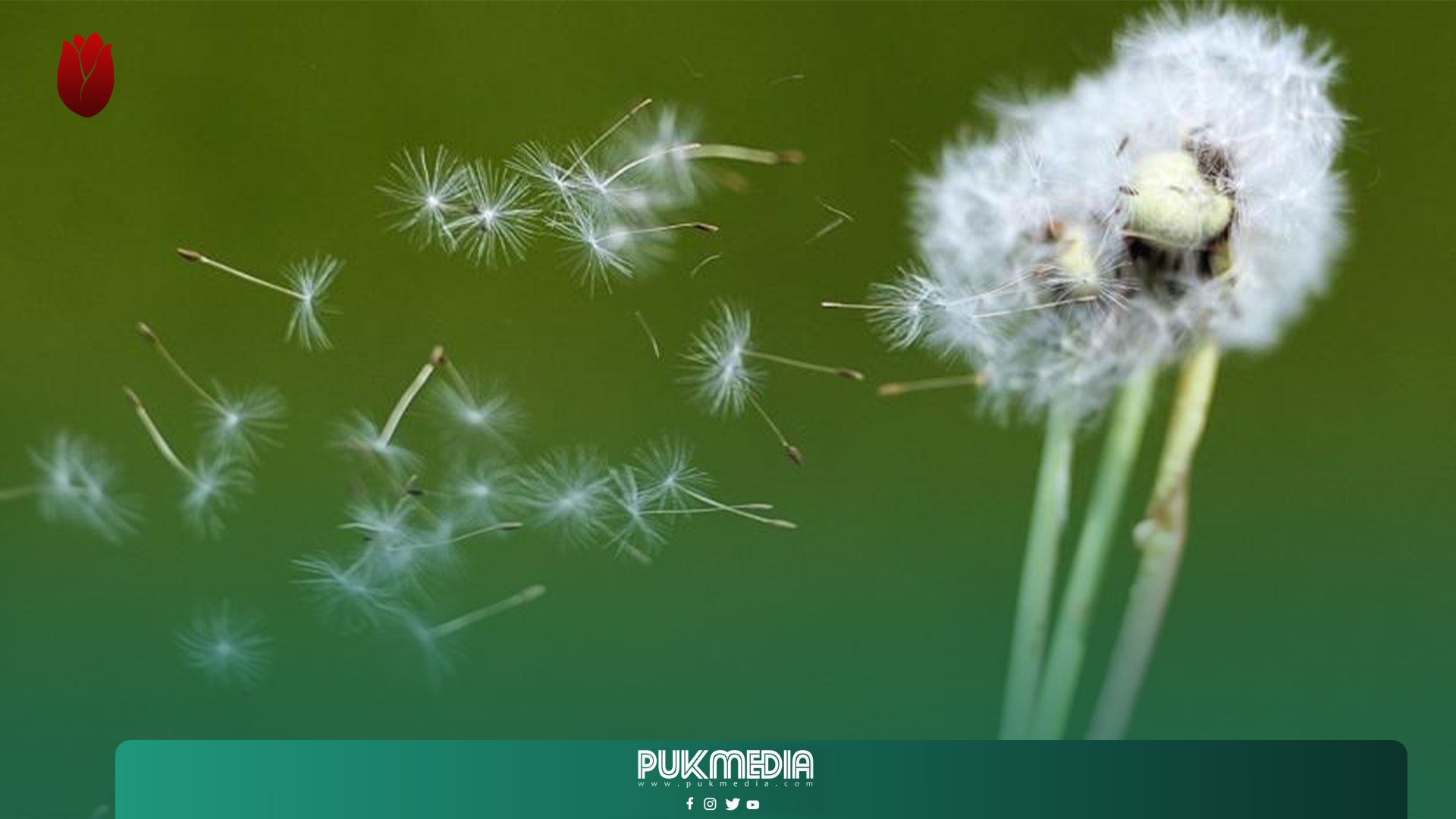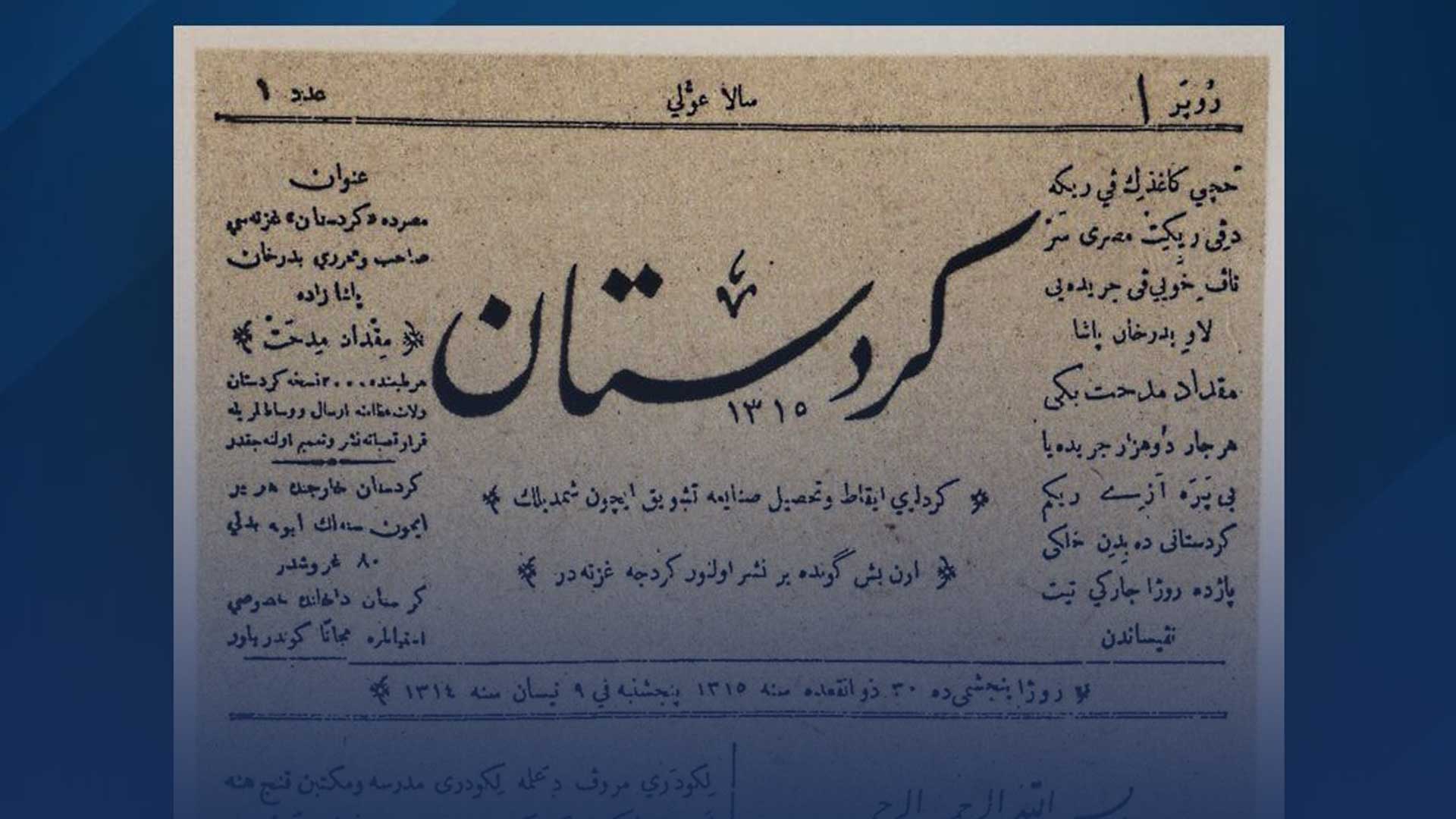Scientists create new model to predict the severity of allergy season
Technology 10:55 AM - 2021-03-30
.
People are concerned that allergy season this year could be worse than the past years. For the first time, researchers have developed a model that can predict the level of pollen in the air, as well as the severity of allergy season.
The European Academy of Allergy and Clinical Immunology (EAACI) reports that seasonal allergy affects 20 to 30 percent of people around the world. In addition to symptoms such as sneezing and red watery eyes, this season can be a nightmare for asthma patients. Allergy could also cause sleep disorders, and problems in attention and cognitive performance, reported a recent study published in the journal Science Advances.
Allergic people have never had access to long-term proactive data on what they should expect in allergy seasons. So far, pollen counts have been predicted based on the next day's weather forecast, co-author and professor in atmospheric sciences Carsten Skjøth told AFP.
Using this model on large scale could help allergic people avoid certain places or to determine if they need a preventive treatment.
In the study, researchers focused on pollens produced by the monocotyledonous flowering plants, one of the most common plant species responsible for seasonal allergy.
"We analyzed the concentration of pollens in the air of different regions in the UK, France, Belgium and many other countries in northern Europe," Skjøth said. The researchers compared data collected over several years, and tracked temperatures and rainfalls. They found that pollen concentrations were higher in specific regions. Some plant species require rain and high temperature to produce more pollen, while "rainfalls have no effect on other species", explained Skjøth.
Each region needs a different model. Weather forecast records can be used before the start of allergy seasons to examine the growth of grass, and determine whether the season is going to be less or more severe than the past year.
PUKmedia / AFP
More news
-
German Forces Commander Ended his Mission at Mam Jalal's Grave
12:28 PM - 2024-04-23 -
Golden Bla Awards Ceremony Takes Place in Sulaymaniyah
11:32 AM - 2024-04-23 -
PUK Official: PUK is Committed to Holding Elections on Time
11:04 AM - 2024-04-23 -
Turkish President Meets Kurdish Officials in Erbil
10:42 AM - 2024-04-23



.jpg)


 Application
Application


